When I chaired a discussion on the National Pollinator Strategy, things unfolded differently to what delegates expected.
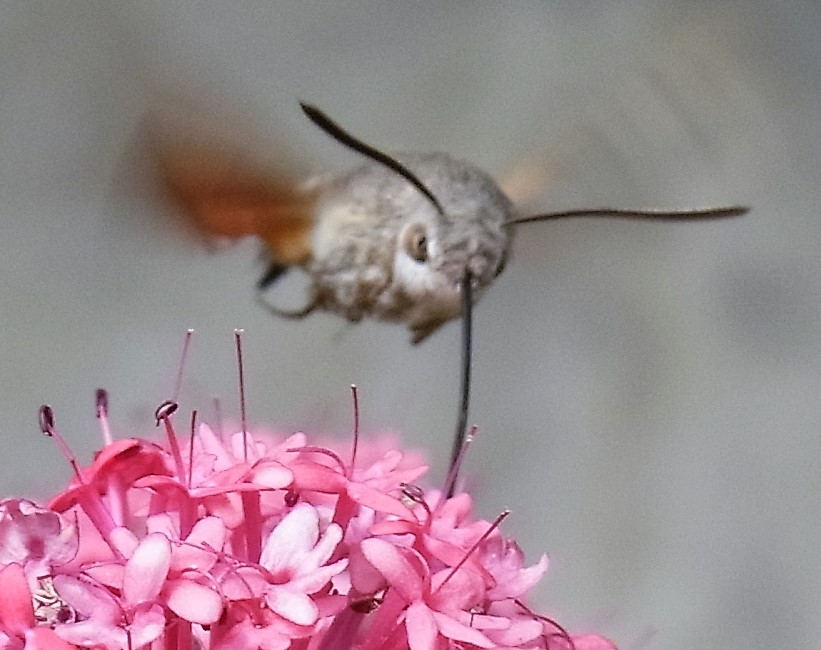
The Public Policy Exchange framed the conference around two words. Exchange – as in knowledge sharing, and communities. To include the diverse range of farming, urban, scientific, political, research council, environmental, farm advisor and beekeeper interests.
Diversity in delegates
Alongside the keynote speaker – Huw Merriman MP (link to his page on this event) – were Friends of the Earth, Syngenta, beekeepers and scientists from CEH.
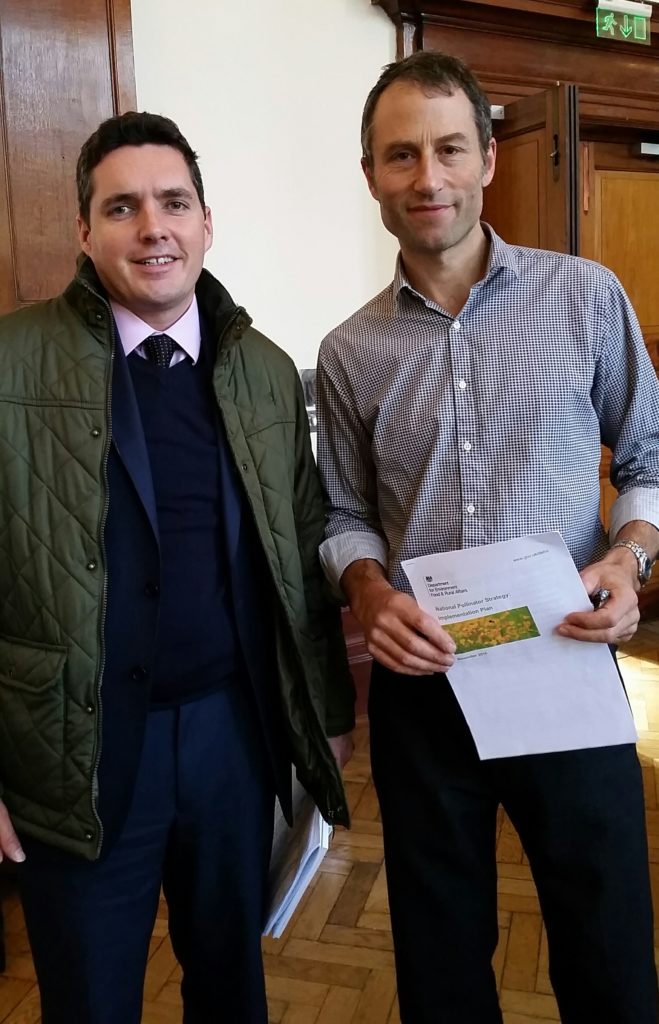
Label off
And because politicians always have to be somewhere else, I asked everyone round the room to take off their label. To then speak, without saying for whom they represented, for 60 seconds on their passion and knowledge of pollinators. There was a palpable relief in the room to be able to speak freely, without judgement.
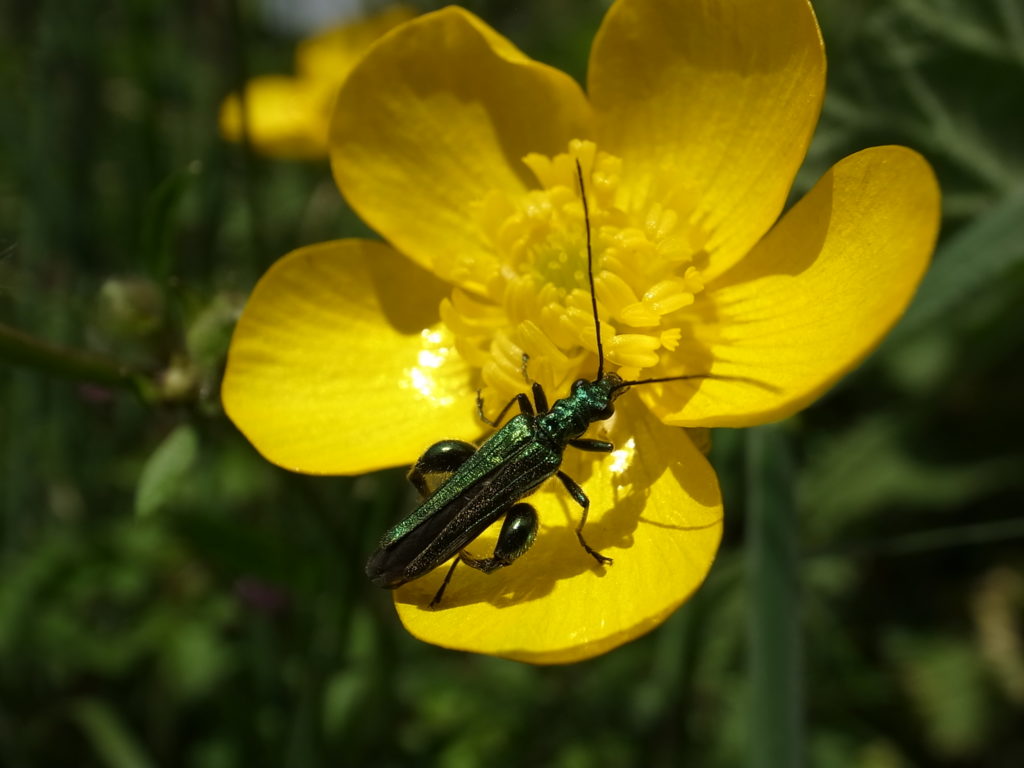
Feeding off feedback
Responses from the round the table included: get policy makers into the field. Inform and empower planners. Manage habitat for food (human and pollinators). Understand farmers better. Assess diverse range of solutions.
Later the audience provided brief outtakes on how to progress. Which included that we already have solutions – sow more flowers, create nesting and hibernation habitats. Celebrate good practice more. Be judicious with pesticides on both crops and managing honeybees (miticides.)
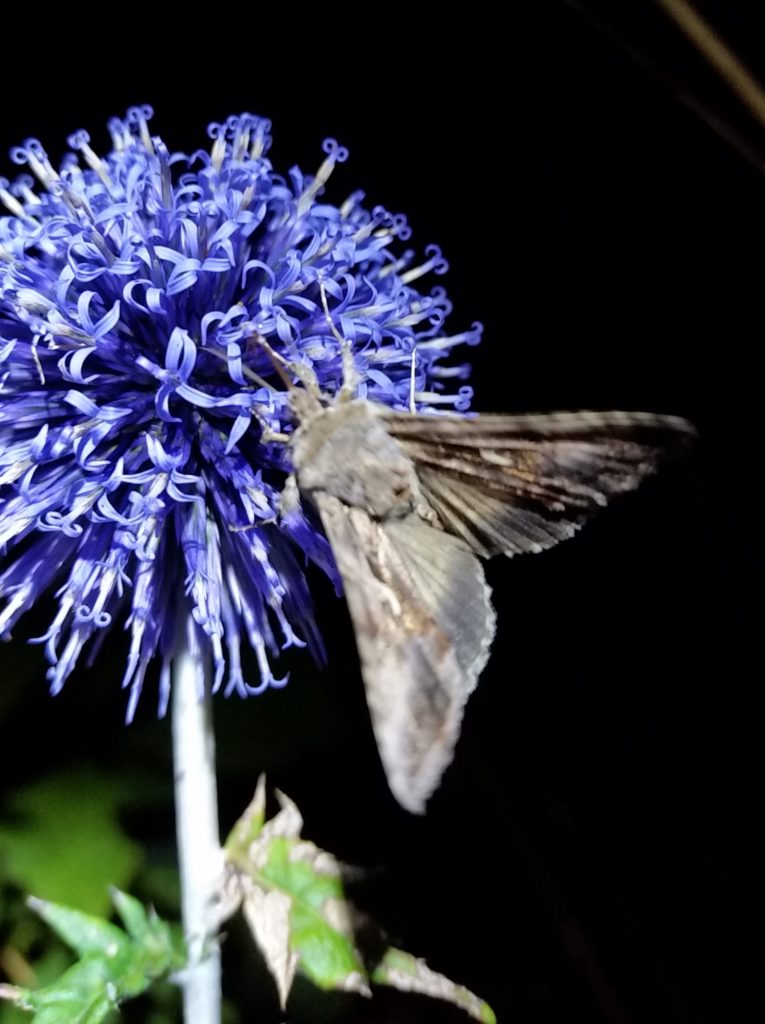
Gaps lacked around technical skills to monitor the huge range of pollinator species. Once again, engagement with farmers over large swathes of countryside came up. Urban areas are important, London is buzzing with managed honeybees (over 6000 swarms). Though there’s a danger of out-competing wild bees for limited forage.
Bee in the bonnet
One overarching issue was if we only focus on banning pesticides, we might take our eye off ‘the main cause of pollinators declines’. Defra’s Pollinator Strategy (page 4) highlights this as ‘Loss of habitat was identified as a likely main cause of pollinator declines’.

Updated June 18, Sept 19, Mar 20, Mar, Oct 21
Addendum – Wildflower strips enhance wild bee reproductive success Oct 20
Other events was held on the same issue in 2018 and in 2021 (though with no tricky Chair asking delegates to remove labels to enable freethinking without prejudice)
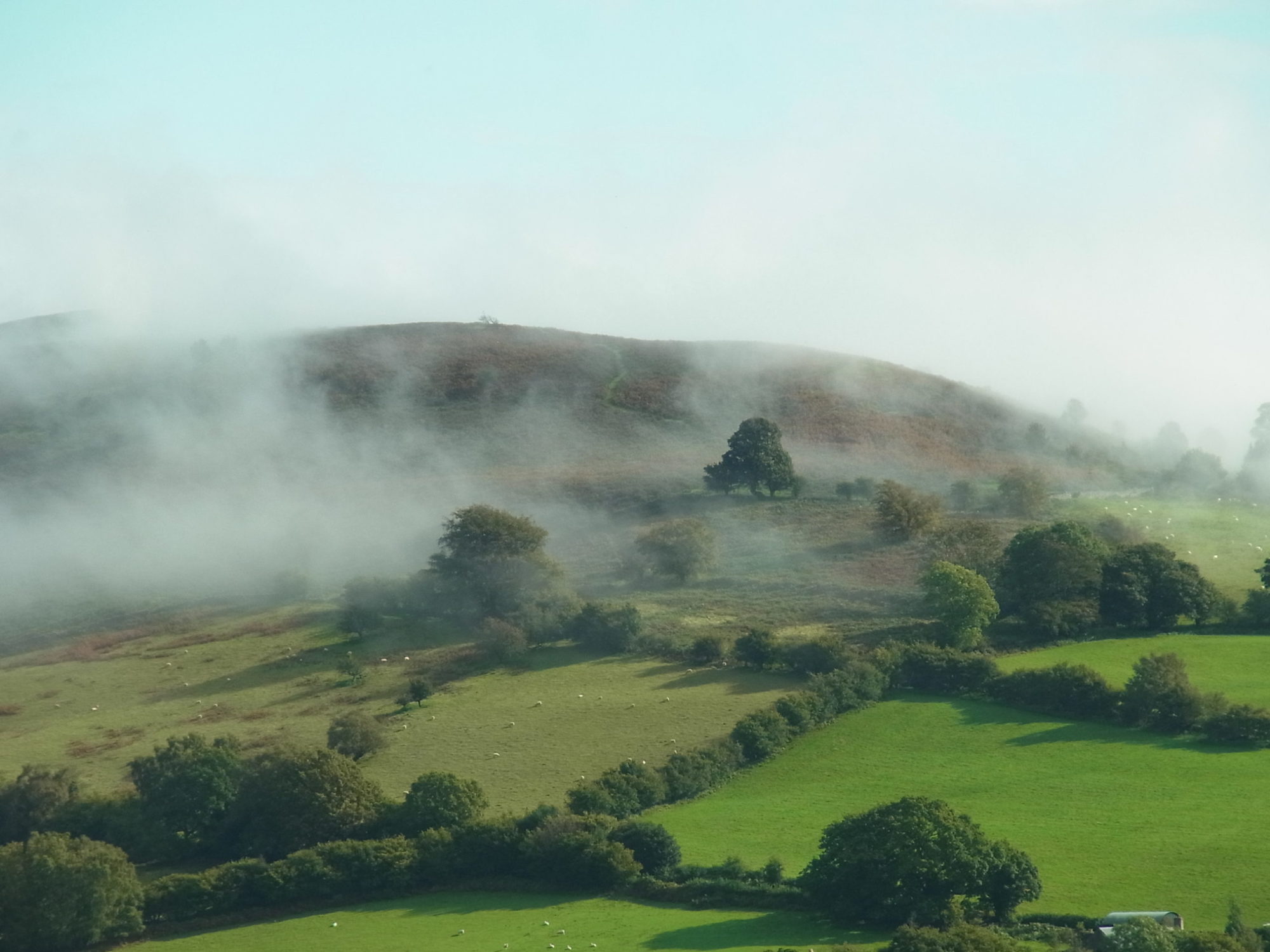
Hi Rob.
Thanks for chairing with a firm but fair hand. Where is the golden key to turn our wealth of knowledge into better on farm delivery?
Are we short of training, intensive or the basic understanding of why increasing farmland pollinators is so important?
Farmers are facing challenging times so unless someone sells the importance of pollinators, more urgent and pressing issues will focus the farmer’s mind. Farmers have become hardened to environmental woes and apportioning blame, so maybe think things are not as bad as many make out?
35 years of appropriate, quality on-farm habitat creation has never failed to increase pollinators. Help from the TV would not go a miss. Africa’s wildlife may be good for viewing ratings but surely UK wildlife is a more worthy and immediate cause.
All have a role to play in every aspect of wildlife appreciation and education. Farmers need help and encouragement to feed us and protect our wildlife so let’s all work on this together and put our wealth of knowledge to good use.
Hi Rob
Just a little plug for what we are trying to do at the Campaign for the Farmed Environment (CFE), on a relative shoe string. It isn’t perfect, but we are trying to find common ground between farming and biodiversity NGOs. So we approach things from the farmer perspective, and aim to integrate voluntary environmental management alongside a productive farm business.
CFE has always been about the whole farm, and good practice to manage the farm for biodiversity, soil and water – alongside a productive business. CFE partners did agree to produce pollinator guidance (including a general guide for farmers, and further guidance on hedge management) and we ran a set of pollinator events this summer (where Marek’s book went down very well!!). As well as promoting some subsidised seed mixes. Plus, I’d encourage everyone to test your pollinator knowledge with the CFE Online Training Module http://www.cfeonline.org.uk/advice-and-training/online-training-module/
The focus really needs to be on finding out exactly what is happening to our pollinators. A robust scientific ( properly funded) scheme will help all concerned to find solutions to reversing the declines. There is really good work already going on with farmers and landowners and I believe there is a willingness and imperative, dare I say enthusiasm to help pollinators across society. We should use that current momentum to best advantage by advertising all the best practice as widely as possible and the NGOs working together to produce easy to follow guidance for farmers and landowners- more joined up. The 2020 group is a very good example, the new website http://www.pollinatorexchange.org/ is another. Its not all about the farmers and landowners, but all of us as consumers have a part to play.
Hi Rob
Good to see a report of this event. We don’t see banning neonics as a paneca, but we do think it’s an essential part of a strategy to reverse bee decline (and we can hardly be accused of not campaigning against climate change or habitat loss!).
I think your wording “confusing research” around neonics gives the impression that Penelope Whitehorn’s blog is making that case. It isn’t.
https://sti-cs.org/2016/05/19/pesticide-related-confusion-in-pollinators-and-politicians/
She states: “It’s tempting – even essential – to note that it’s in the interests of the chemical companies that decision-makers should remain confused, and that clear findings should be made opaque. And it’s natural that farmers in particular, faced with warnings of major economic losses and crop failure, tend to be very cautious. But it really isn’t possible to hide behind the science anymore – the evidence is in and it is clear; neonics are causing massive harm to species that we all depend upon.”